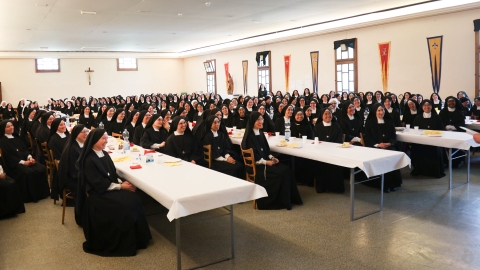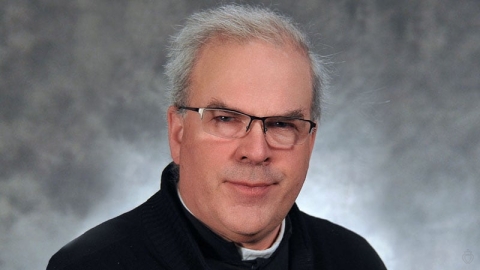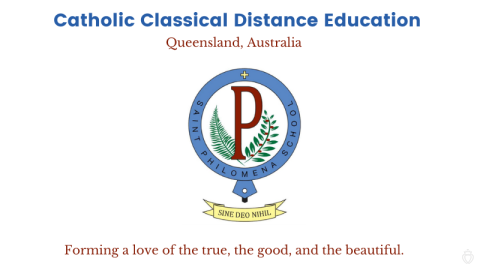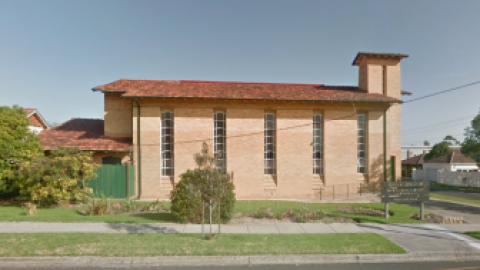Pope To Commemorate Protestant Revolution

Pope Francis will travel to Sweden this month for a series of ecumenical meetings with Lutherans and other Protestant denominations.
Sweden: On the occasion of the 500th anniversary of the Protestant Reformation, Pope Francis will travel in late October to Sweden for a two-day trip, during which he will participate in two ecumenical meetings in the cities of Lund and Malmö before meeting with the Catholic community of the country.
On Monday, October 31, at 2:30 p.m., the Pope will participate in an ecumenical prayer service in the Lutheran cathedral in Lund, where he will give a sermon. “In concentrating together on the centrality of the problem of God and on a Christocentric approach,” explained Cardinal Kurt Koch, President of the Pontifical Council for Promoting Christian Unity, who was quoted by Vatican Radio on June 1, 2016, “Lutherans and Catholics will be able to commemorate the Reformation ecumenically, not in a purely pragmatic fashion, but in the profound sense of our faith in the crucified and risen Christ.” The same prelate declared however on March 24, 2012, in Vienna, with regard to that anniversary: “We cannot celebrate a sin.”
Despite this, Cardinal Koch cosigned on October 11, 2016 a letter with Pastor Martin Junge, Secretary General of the Lutheran World Federation, in which we can read these statements inspired by conciliar irenicism:
For the very first time, Catholics and Lutherans will commemorate together, at the global level, the anniversary of the Reformation. This event, which is to mark a milestone, reflects the progress made over fifty years of international Catholic-Lutheran dialogue. Established after the important decisions made by Vatican Council II, the dialogue has helped the two traditions to understand each other better. It has enabled them to put an end to a good number of antagonisms and, above all, it has established trust. It has affirmed the common conviction that what unites Catholics and Lutherans, matters more than what divides them. It has given expression to the profound faith conviction that Catholics and Lutherans are called by baptism to be part of one and the same body.”
For his part, Cardinal Gerhard Müller, Prefect of the Congregation for the Doctrine of the Faith, wrote in a book-length interview published in March 2016 by the Spanish publishing house BAC and entitled Informe sobre la Esperanza (Report on Hope):
We Catholics have no reason to celebrate October 31, 1517, the date that marks the beginning of the Reformation that led to the division of Western Christianity.”
He went on to explain:
If we are convinced that divine revelation has remained unchanged and been preserved through Scripture and Tradition, in the doctrine of the faith, in the sacraments, in the hierarchical constitution of the Church, founded on the sacrament of priestly ordination, we cannot accept the notion that there can be sufficient reasons to separate oneself from the Church.”
Despite this contrary advice, Pope Francis will travel to Malmö on Monday, October 31 at 4:40 p.m. to the covered stadium arena, where he will give a speech and at 6:10 p.m. will meet the different ecumenical delegations. No doubt the Protestants are preparing a warm welcome for the Pope who, on October 13, allowed a statue of Luther to be brought into Paul VI Audience Hall during an audience granted to approximately 1,000 Lutherans. The Waldensian pastor Paolo Ricca, quoted by Roberto de Mattei in the October 19 issue of Corrispondenza Romana, made the following statement:
This is the first time that a pope is commemorating the Reformation. This represents, to my way of thinking, a step forward in relation to the significant objectives that were achieved with Vatican Council II which—by including in its document and thus highlighting certain fundamental principles and topics of the Reformation—marked a decisive turning point in relations between Catholics and Protestants. Participating in the commemoration, as the supreme representative of the Catholic Church is preparing to do, means, in my opinion, considering the Reformation as a positive event in the history of the Church that did good to Catholicism as well (sic). Participating in the commemoration is a very important gesture, all the more so since the Pope is traveling to Lund, to visit the Lutherans; as though he was part of the family. I have the impression that, in a way that I could not define, he feels as though he belongs also to this portion of Christianity born of the Reformation (sic)”.
The following day, on November 1, at 9:30 a.m., the Holy Father will celebrate the Mass for the Solemnity of All Saints outdoors in Sweban Stadium in Malmö for the Swedish Catholic faithful before taking the plane back to Rome at 12:45 p.m.
In 2015 Sweden had 9.8 million inhabitants, 70% of whom belong to the Evangelical Lutheran Church. It was the national church until 2000, but only 2 to 3% of its members attended the Sunday services. According to the WIN/Gallup International 2014 End of Year Survey, 59% of the Swedes call themselves “non-religious” and 17% “staunch atheists.” With only 113,000 members, Swedish Catholics make up 1.15% of the total population.
Sources: radiovatican/apci/eurel/osservatoreromano/croix/corrispondenzaromana – DICI no. 343 October 28, 2016





